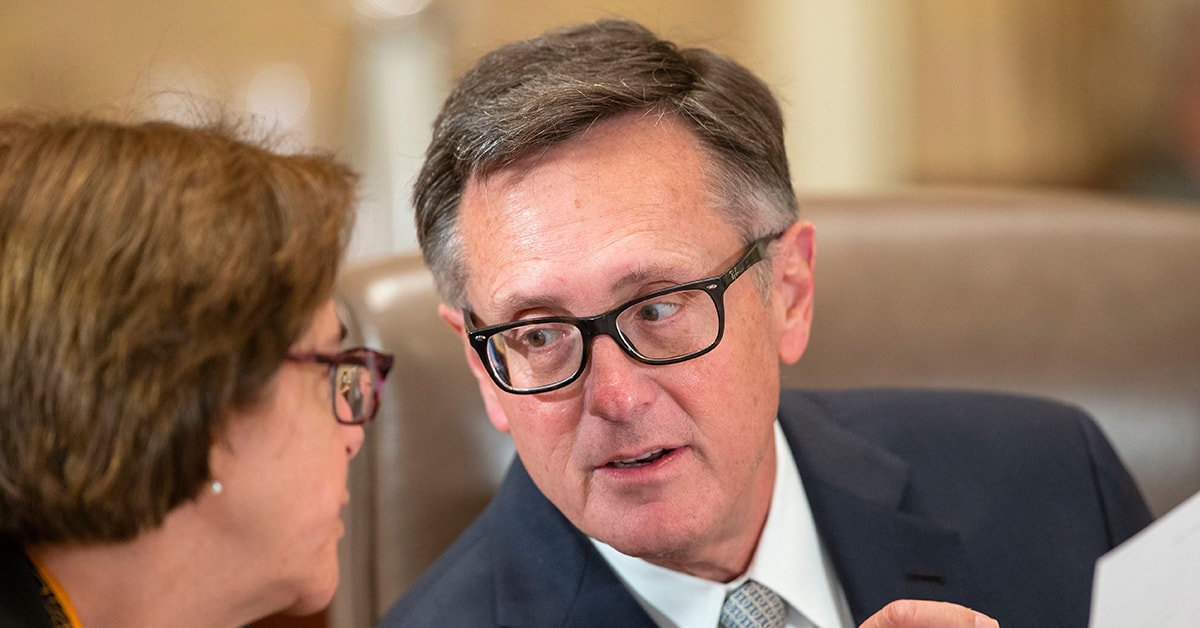The resignations have highlighted the strong inclination of some US officials to trade in stocks based on privileged information.

Richard Clarida, vice chair at the US Federal Reserve, resigned in January due to scandal involving stock trades in the early stage of the pandemic—the third Fed official to resign in less than four months.
The resignations have highlighted the strong inclination of some US officials to trade in stocks based on privileged information. A recent Wall Street Journal investigation found dozens of judges had traded in the stocks of companies that were plaintiffs or defendants in their courtrooms. Calls are growing for this behavior to be outlawed, yet Congress shows no appetite for such reform.
In a December 16 letter to the Office of Government Ethics, Clarida amended financial disclosures made in May of last year with respect to trades executed just days before the Fed announced emergency stimulus to counteract the fallout from the pandemic. Clarida described the amendment as a correction of “inadvertent errors.” Prior to his amended statements, the Fed had defended Clarida’s trades as normal “pre-planned rebalancing” adjustment of his portfolio in light of changing market conditions.
The episode follows the resignations of two regional presidents at Fed banks—one in Dallas, who bought and sold stocks while holding stakes in multiple funds; the other in Boston, who traded in real estate securities while publicly warning against the sector—that have eroded public trust in the US central bank.
The revelations come at a time of increasing questions as to trading practices by other US officials. Like Clarida, Republican senators Richard Burr and Kelly Loeffler traded on inside information about the Covid pandemic. House Speaker Nancy Pelosi and her husband, among other politicians, have made millions trading in tech company stocks—$30 million, according to recent reports. Speaker Pelosi has spurned calls to limit members of Congress from such activity.
Despite pressures to clean up, it seems little will change in the short term. US President Joe Biden seems inclined to let things lie. But analysts say clamping down on this type of practice could speed urgently needed reforms.



